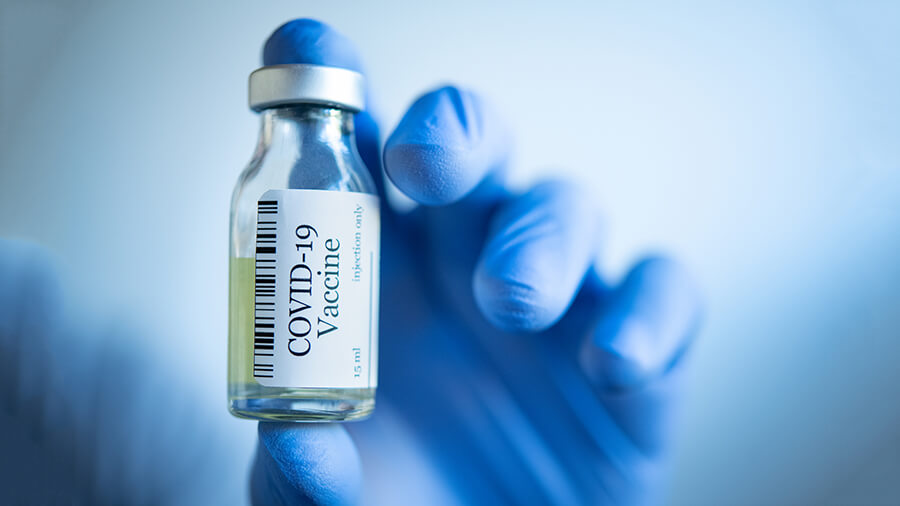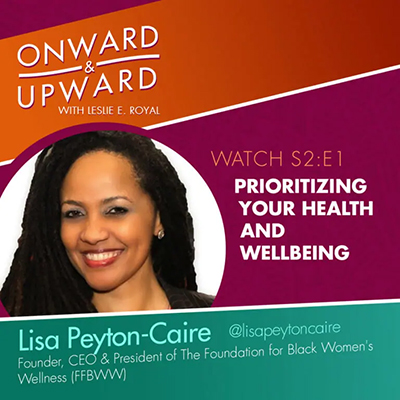COVID-19 Vaccine FAQ
(Coronavirus) – (Severe Acute Respiratory Syndrome SARS-CoV-2)
This Q&A answers questions related to the Pfizer-BioNTech COVID-19 mRNA vaccine approved for emergency use by the Centers for Disease Control and Prevention for use in the United States.
Should I Get The COVID-19 Vaccine?
- COVID-19 virus is extremely widespread in our community. And so, most people are at risk of contracting the virus.
- If you contract COVID-19 virus, it is hard to tell how well your body will be able to fight the virus. But you and those close to you may become severely ill.
- The COVID-19 vaccine helps to prevent you from getting the COVID-19 virus.
- After being vaccinated, if you do get the virus, it helps to prevent you from becoming severely ill.
- The COVID-19 vaccine is for persons 16 years old and older.
What is the COVID-19 Vaccine Made From?
- First, the COVID-19 vaccine contains dead genetic material from the COVID-19 virus.
- But, the vaccine does not contain any live virus particles.
Am I Injecting the coronavirus in my body if I get the vaccine?
- All vaccines contain some component of the bug it protects you from. And the COVID-19 vaccine is no different.
- COVID-19 vaccine does not contain any live components of the COVID-19 virus.
How Was the Vaccine Produced So Quickly?
- The COVID-19 mRNA vaccine uses much less (dead) viral particles than a traditional vaccine. Thus larger quantities of the vaccine are created over a shorter time span.
Will getting the COVID-19 vaccine make me ill?
- You may experience some side effects from the COVID-19 vaccine. But this is part of the immunization process. And it is normal.
What are the side effects of the COVID-19 vaccine?
Some of the side effects experienced by those receiving the COVID-19 vaccine include:
- Injection Site Pain.
- Joint Pain.
- Fatigue.
- Headache.
- Muscle Pain.
- Fever.
- Diarrhea.
- Chills.
Should I take the COVID-19 vaccine if I have pre-existing conditions?
- Individuals with pre-existing medical conditions are at a higher risk of becoming severely ill from the COVID-19 virus.
- The COVID-19 vaccine needs emergency approval for individuals age 16 and older, regardless of medical history.
- Speak with your doctor about any concerns you have specific to your health.
What age group is the vaccine approved for?
- The COVID-19 mRNA vaccine has emergency use authorization for individuals age 16 and older.
- Studies to determine vaccination protocol for children are forthcoming.
Should I take the vaccine if I am pregnant?
- The American College of Obstetrics and Gynecology (ACOG) released a statement supporting the vaccination of pregnant and breastfeeding women with the COVID-19 mRNA vaccine.
- A pregnancy test or discussion with your physician is not a requirement for vaccination.
Will the vaccine alter my DNA?
- No, the vaccine will not alter your DNA or any of your genetic material.
If I have had COVID-19, should I still get vaccinated?
- It is unclear how long the immunity lasts in persons previously infected with COVID-19. Still, experts recommend that previously infected individuals receive the COVID-19 vaccine.
Do I still need to practice social distancing after receiving the vaccine?
- For now experts recommend that we all continue to practice social distancing, mask wearing, hand hygiene, clean and sanitize surfaces to curb the risk of viral transmission.
- When the majority of the population gets the vaccine, we can relax our social distancing measures.
How Effective is the COVID-19 mRNA Vaccine?
- The COVID-19 mRNA vaccine reduces your risk of becoming severely ill with the COVID-19 virus by 95.
- You must receive both doses of the vaccine to achieve this effectivity.
How Is The COVID-19 mRNA vaccine administered?
- Doctors give the vaccine in two shots 21 days apart.
Will I Need to Get Vaccinated Again in Future?
- We do not know. The studies determine how long the immunity lasts and whether patients need a booster or repeat vaccinations.
What Does Emergency Use Authorization Mean?
- In brief, the Centers for Disease Control uses Emergency Use Authorization to authorize the use of a vaccine or medication even though the studies continue. But this is only done when the studies conducted so far show no serious risk and the benefits of the vaccine outweighs the risk of contracting the illness.
What Does Herd (Population) Immunity Mean?
- Population Immunity indicates that the vast majority of a population go the vaccine against an infection.
- The percentage of immunized persons needed to reach population immunity will vary according to the illness.
- For most infections at least eighty percent of persons in the population need to be immunized, some infections require ninety five percent immunized, to reach population immunity.
Written by:
Dayna Smith, MD | December 14, 2020 | myObMD Media, LLC
References
- COVID-19 Vaccination, Centers for Disease Control and Prevention.
- Pfizer-BioNTech COVID-19 Vaccine, VRBPAC Briefing Document.
- Polack, Fernando P. MD, et al, Safety and Efficacy or the BNT162b2 mRNA COVID-19 Vaccine, New England Journal of Medicine, December 10, 2020.
- American College of Obstetrics and Gynecology, Vaccinating Pregnant and Lactating Patients Against COVID-19, Practice Advisory, December, 2020.
- World Health Organization, Coronavirus disease (COVID-19): Herd Immunity, lockdowns and COVID-19. October 15, 2020, Q&A.


